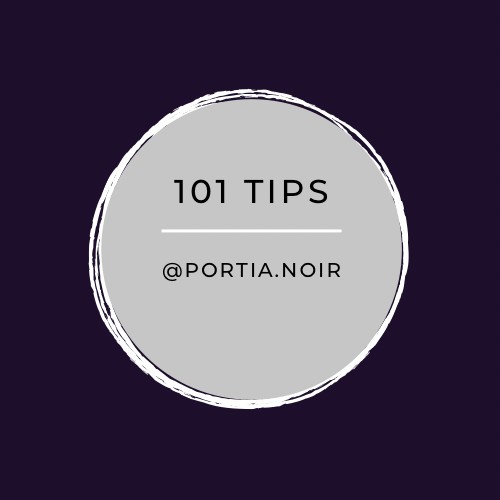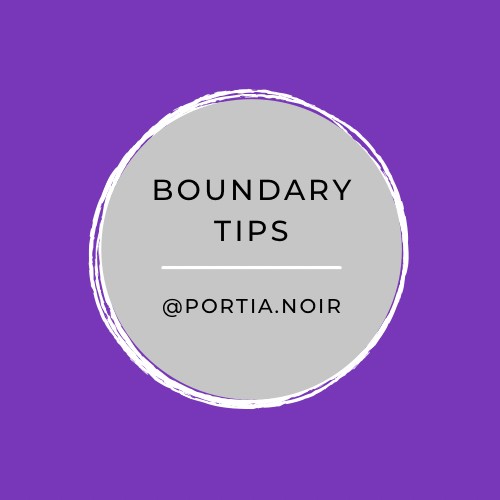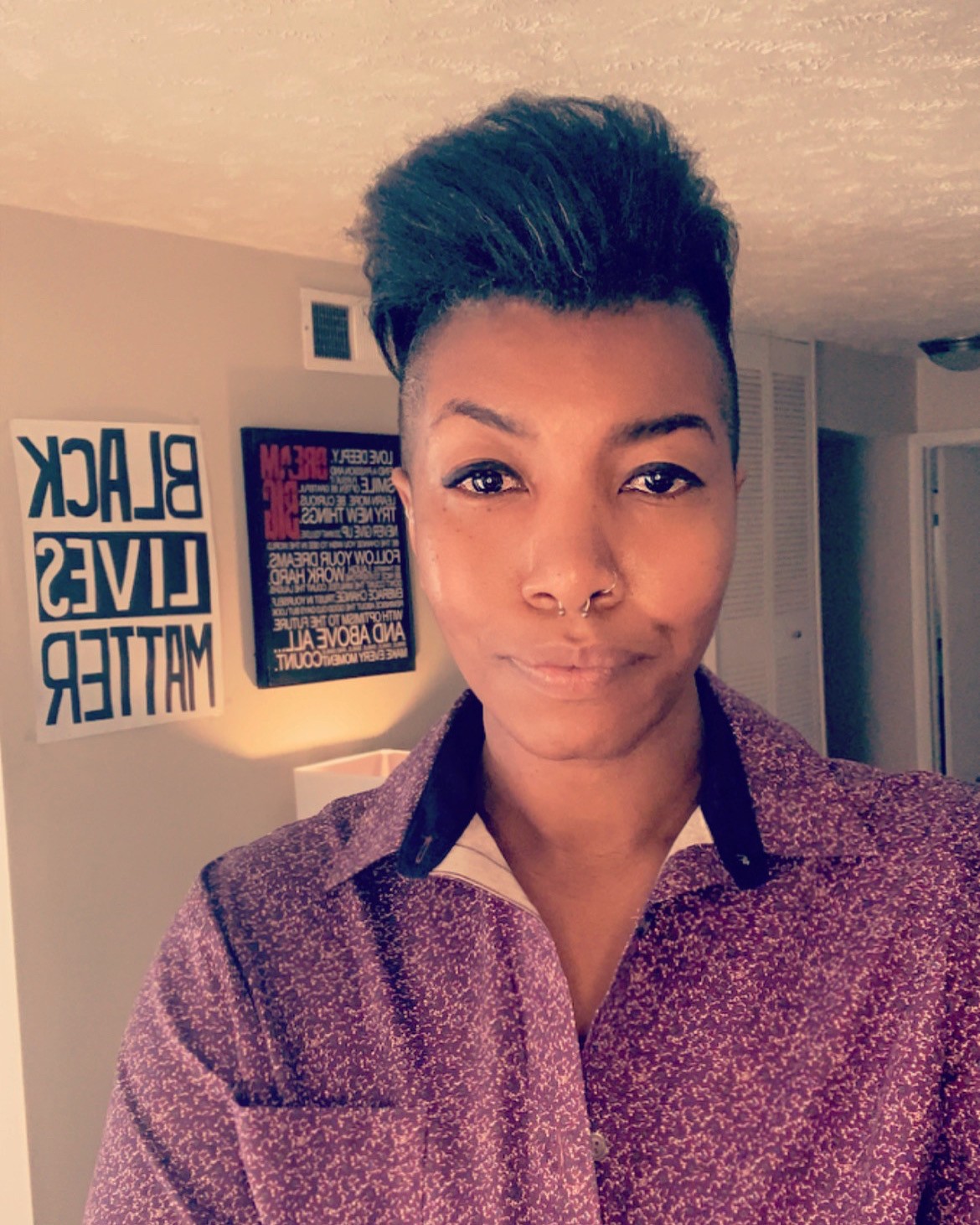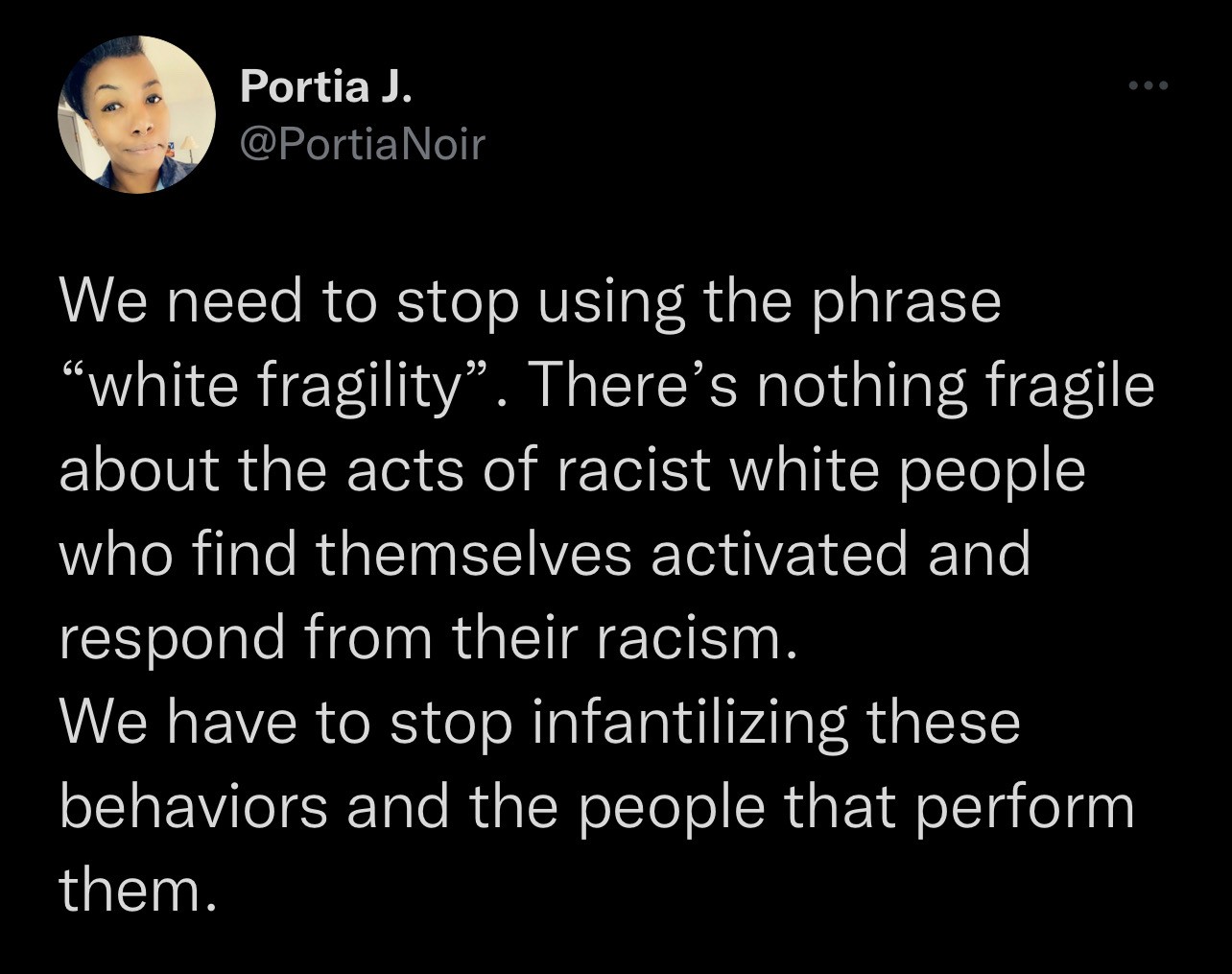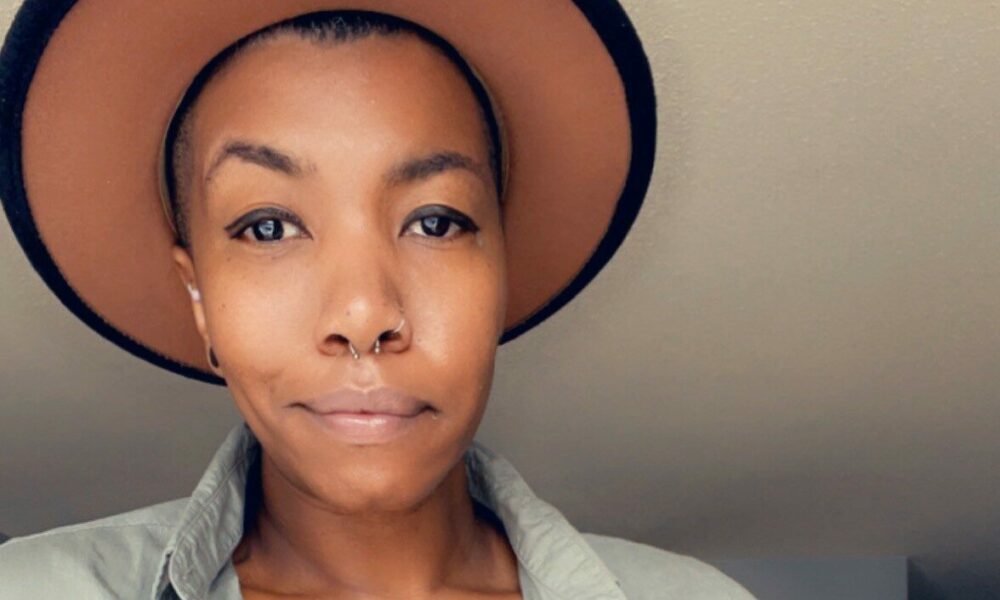

Today we’d like to introduce you to Portia Burch.
Hi Portia, thanks for joining us today. We’d love for you to start by introducing yourself.
Growing up in predominantly white spaces, I was always are of being Black. However, outside of my home and family, it was rarely celebrated. I never had disdain or sadness about my Blackness, but it wasn’t until later that I discovered my love for being Black. This started to shift in 2014 after police officer Darren Wilson murdered Michael Brown, Jr. At the time, my parents lived just 15 minutes from the protests and subsequent riots in Ferguson. To say I was terrified for their safety is an understatement. That fear shifted into activism as I dealt with another dose of the reality of the injustice, oppression, and disproportionate level of police brutality towards Black, Indigenous, and other People of Color. From there, I found a love for being Black. The love that wasn’t coming from the world and society I live in. The love that gives me the strength to do all I can in my power to create and drive change.
Moving forward to 2020 and the murder of George Floyd, I found myself exhausted and enraged again. What was different this time, however, was very public this was. The world saw it happen, which spurred some people into different forms of action. I saw that as an opportunity to teach. People were looking for ways to make a difference but were unsure how. Unsure what to do, how to get started, and how to do it intentionally. During this time, I had also decided to leave my then full-time job and was doing independent work. I got the opportunity to work with non-profit organizations and individuals looking for education and ways to become an intentional accomplices. I also found myself on TikTok, as many others did at the start of the Covid pandemic. There, I have provided education about how to be an active anti-racist, use pushback as learning opportunities, and build a community of people doing the work daily. The positive feedback and community response encouraged me to build out my education to include education on platforms such as Instagram and Twitter. I have also been able to start a Patreon and have a Podcast soon to be released.
Alright, so let’s dig a little deeper into the story – has it been an easy path overall, and if not, what were the challenges you’ve had to overcome?
I would not use smooth to describe this journey, while it also hasn’t been terrible. The biggest struggles I have dealt with come from people who have access to my work without participating. The internet, especially in our current climate, is that people feel emboldened to say any and almost everything in these different forums. With that have come some pretty hateful comments. However, they have only fueled my passion for the work. They present real-life, everyday examples of how oppression and overt racism are still very present. Another struggle is fighting against how oppression and suppression show up in the world of social media. Creators that are Black, Indigenous, and other People of Color often find it difficult to make it past the algorithm of what’s considered wanting to be seen. I have to bypass that struggle by creating the Patreon and Podcast. This allows me to ensure access to the community and people interested in doing the work.
Thanks for sharing that. So, maybe next you can tell us a bit more about your work?
I live in 2 worlds for work right now. I’m currently still in corporate America for a company that I love. My entrepreneurship lies in the world of education through content creating and facilitating. In addition to my social media platforms, I facilitate non-profit organizations, educators, and others virtually and in person. What I enjoy doing with my anti-racism education is incorporating education and support around boundary setting. The two go hand in hand when learning how to apply for the work, and I truly enjoy seeing people recognize how boundaries are a part of self-care. Seeing someone set and maintain a boundary will always excite me because that person is opening up a whole new part of their life. Something that makes me different is the grace that I have been afforded. I will always correct when I am described as patient because grace is care-encouraging growth, whereas patience can sometimes create a space of complacency.
What do you like and dislike about the city?
What I love about Omaha is that it is constantly growing. And with the growth comes fresh ideas and perspectives. What I dislike is that while it’s always growing, there feels like there’s a cap here for the work I want to do.
Pricing:
- Facilitation Rate – $300 hour – Prep time calculated at 1/2 the facilitation time and $150/hr
Contact Info:
- Instagram: https://instagram.com/portia.noir?igshid=YmMyMTA2M2Y=
- Twitter: twitter.com/portianoir
